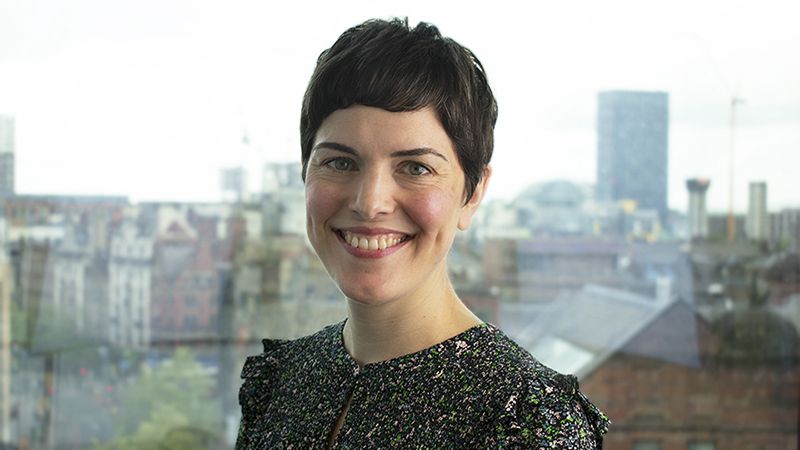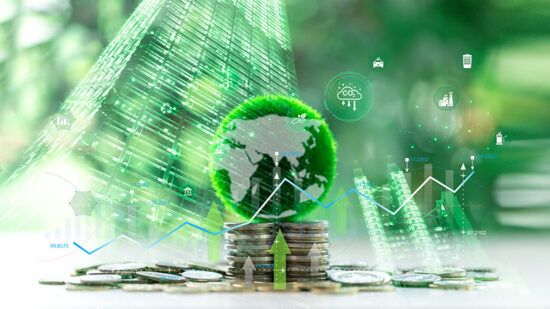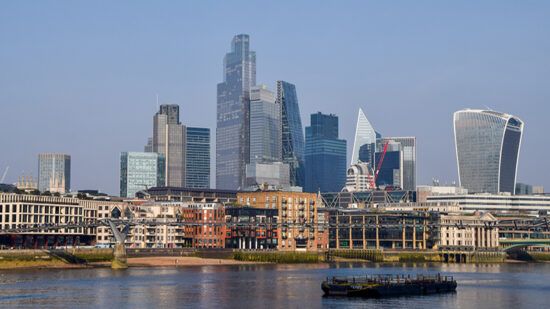Companies that used to shout about their ESG efforts are now seemingly saying much less, afraid of pushback from all sides.
This apparent trend may lead many to believe that they had given up on their green commitments, however that hasn’t been my experience in recent discussions with investee firms and there are still many reasons to remain optimistic.
Antidote to greenhushing
BBC Radio 4’s The Today programme doesn’t often put a spring in my step, but a recent interview with one of UK plc’s most prominent board members, Sir Ian Cheshire, brightened my morning.
The We Mean Business coalition that Sir Ian chairs had just released a report and Sir Ian was on the radio to highlight key findings, namely the widespread support among global business leaders for the clean energy transition.
Also read: New politics, same principles: ESG through the lens of AI
The survey and primetime interview were a welcome antidote to the greenhushing (where companies refrain from reporting on their sustainability activity for fear of criticism) that we’ve seen most markedly in the US, but that seems to be seeping into UK corporate comms too.
Yet, as investors, we’re talking to businesses all the time and it’s clear that the sustainability agenda remains alive and well within the firms that we’re invested in. Like Sir Ian’s interview, the following case studies from recent conversations have given us reasons for optimism at a time when social and environmental considerations appear to be on a back-burner.
Changing norms
Our first reason for optimism is that corporate norms have changed. Those pre-pandemic years where companies were highly active and vocal about their sustainability programmes have undoubtably shifted corporate culture. For many firms, abandoning sustainability now would be akin to shelving the HR function: it would be unthinkable.
Recently we spoke to Whitbread – owner of the Premier Inn hotel chain – to talk about the kind of animal welfare policies they apply when sourcing food for its breakfasts and restaurant meals. Although there is still work to do, it was heartening to see the progress that Whitbread has made in recent years to incorporate higher standards into its purchasing decisions. The level of knowledge around responsible animal rearing and their openness about remaining challenges were also commendable.
The point here is that companies work incrementally over many years to improve the social and environmental impacts of their businesses. Policies and ways of working become embedded within companies, making it hard – and unpopular internally – to unwind.
Regulation
Our second reason for positivity is regulation, particularly in the European Union where sustainability requirements have been implemented steadily across the bloc in recent years. Regulation is a useful backstop in difficult times when appetite for voluntary action may be waning.
Legislation enforces minimum standards and, done well, it can drive meaningful change throughout an industry. Irish housing standards are a case in point. We recently talked to an Irish housebuilding firm, Cairn Homes, who explained that, since the introduction of new EU legislation in 2020, environmental standards for new homes in Ireland are extremely high. As such, new developments are built to a “nearly zero energy building” standard, far exceeding legislation here in the UK.
But the company goes further, encouraging architects to swap out carbon intensive materials such as concrete for products with lower levels of embedded carbon, where possible. In addition, the company is now trialling “passive house”, a design concept that results in ultra-low energy use in the home. All of which is great news for bill-paying home owners, but given the average lifespan of a home, the carbon benefits will also accrue for generations to come. Regulation raised the aggregate standard and kick-started firms to go even further. Another reason to be cheerful.
Energy efficiency
Finally, we’ve found that among B2B firms, particularly those selling into energy intensive industries there is a steadfast commitment to developing lower carbon products and services. This is driven by strong customer demand and high energy prices.
French-listed Schneider Electric, for example, hasn’t had the memo on greenhushing. Instead it has an ambitious target to grow its green revenues to 80% by the end of this year. The company provides digital automation and energy management products and was recently named the world’s most sustainable company by Corporate Knights – no mean feat indeed.
This corporate commitment to sustainability doesn’t make headline news, but our take is that the business case for action remains compelling, whether that’s driven by regulation, consumer demand or simply by shifts in norms over time. Plenty of reasons to remain optimistic.








